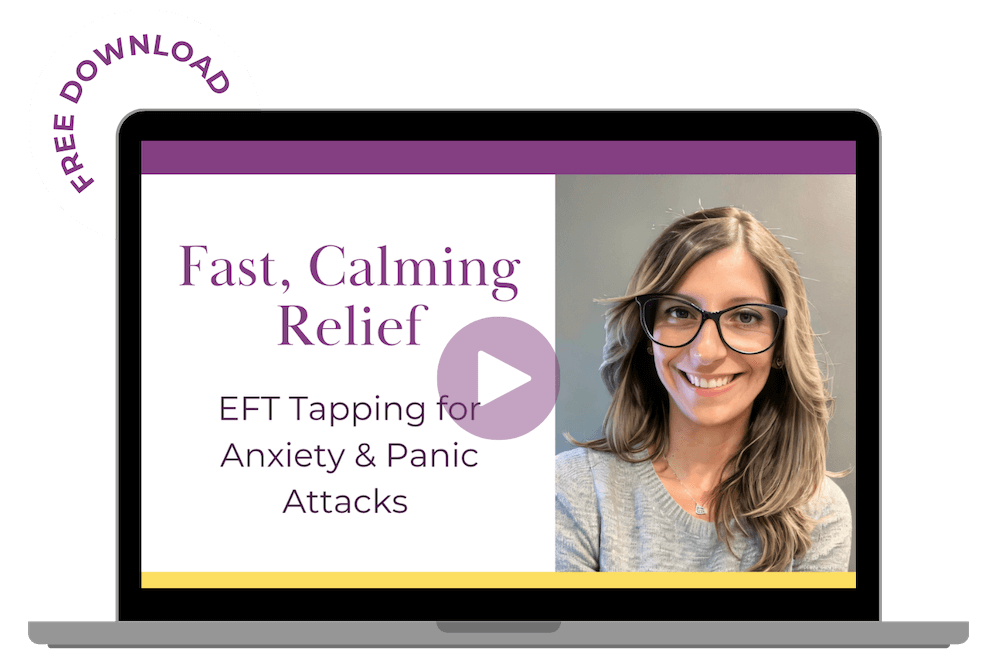Introduction: Anxiety can be overwhelming, but it doesn’t have to control your life. With the right strategies and techniques, you can learn to manage your anxiety effectively and reclaim a sense of calm and control. In this blog, we’ll explore 10 practical tips for managing anxiety that you can start implementing today to improve your mental well-being and overall quality of life.
- Practice Deep Breathing:
- Deep breathing exercises can help activate the body’s relaxation response, reducing feelings of stress and anxiety.
- Try diaphragmatic breathing: Inhale deeply through your nose, allowing your belly to rise, then exhale slowly through your mouth, focusing on releasing tension with each breath.
- Engage in Regular Exercise:
- Physical activity has been shown to reduce symptoms of anxiety and depression by releasing endorphins, the body’s natural mood elevators.
- Aim for at least 30 minutes of moderate exercise most days of the week, such as walking, jogging, cycling, or yoga.
- Prioritize Sleep:
- Lack of sleep can exacerbate anxiety symptoms, so it’s essential to prioritize good sleep hygiene.
- Establish a regular sleep schedule, create a relaxing bedtime routine, and create a comfortable sleep environment free of distractions.
- Limit Caffeine and Alcohol:
- Caffeine and alcohol can worsen anxiety symptoms by increasing heart rate and disrupting sleep patterns.
- Limit your intake of caffeinated beverages and alcohol, especially in the hours leading up to bedtime.
- Practice Mindfulness and Meditation:
- Mindfulness techniques, such as meditation and guided imagery, can help reduce anxiety by promoting present-moment awareness and relaxation.
- Set aside time each day to practice mindfulness exercises, focusing on your breath, body sensations, or surroundings.
- Challenge Negative Thoughts:
- Identify and challenge negative or irrational thoughts that contribute to your anxiety.
- Use cognitive-behavioral techniques to reframe negative thinking patterns and cultivate a more balanced perspective.
- Set Realistic Goals:
- Break tasks and goals into smaller, manageable steps to avoid feeling overwhelmed.
- Set realistic expectations for yourself, and celebrate your progress along the way.
- Establish Healthy Boundaries:
- Learn to say no to commitments or obligations that add unnecessary stress to your life.
- Set clear boundaries with others to protect your time, energy, and emotional well-being.
- Seek Support:
- Don’t hesitate to reach out to friends, family members, or a mental health professional for support and guidance.
- Join a support group or online community where you can connect with others who understand what you’re going through.
- Practice Self-Care:
- Prioritize self-care activities that nourish your body, mind, and spirit, such as reading, spending time in nature, or pursuing hobbies you enjoy.
- Remember to be kind and compassionate to yourself, especially during times of heightened anxiety.
Conclusion: Managing anxiety is a journey that requires patience, self-awareness, and practice. By incorporating these practical tips into your daily life, you can learn to navigate anxiety more effectively and cultivate a greater sense of peace and well-being. Remember that managing anxiety is not about eliminating it entirely but rather learning to live with it in a way that allows you to thrive. With time and effort, you can build resilience and find relief from the challenges of anxiety.







